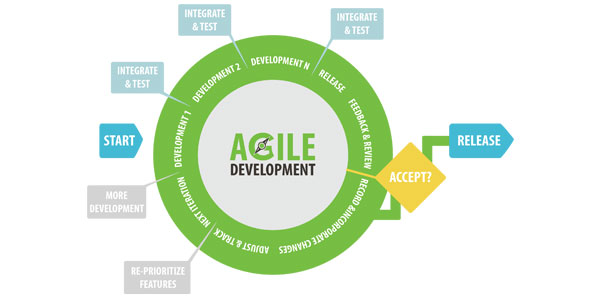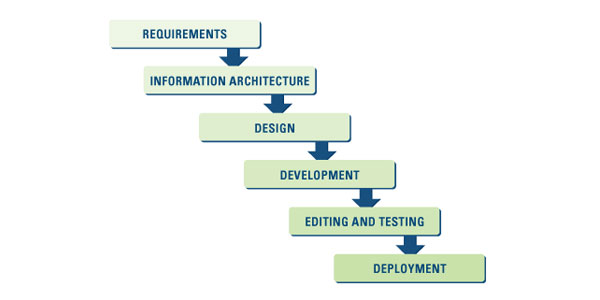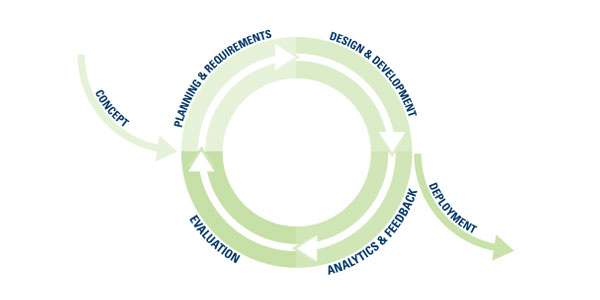With a constantly changing technology landscape, executing IT projects is a big challenge. Every customer has unique requirements and meeting them while still being profitable is like a tight rope walk for IT service providers. Thankfully, both can be achieved using proven and widely accepted methodologies for the projects. At Gadre Infotech, the vision has always been to look ahead into the future and provide our clients with the best possible solutions in the most profitable ways. This has been possible by adopting standard methodologies that suit a particular requirement. Gadre Infotech adopts the following set of rules or systems methods to achieve successful project completion of software development and web development projects.
At Gadre Infotech, we study the client requirement in sufficient detail to be able to suggest a particular development methodology that will be most suitable for that particular project.







